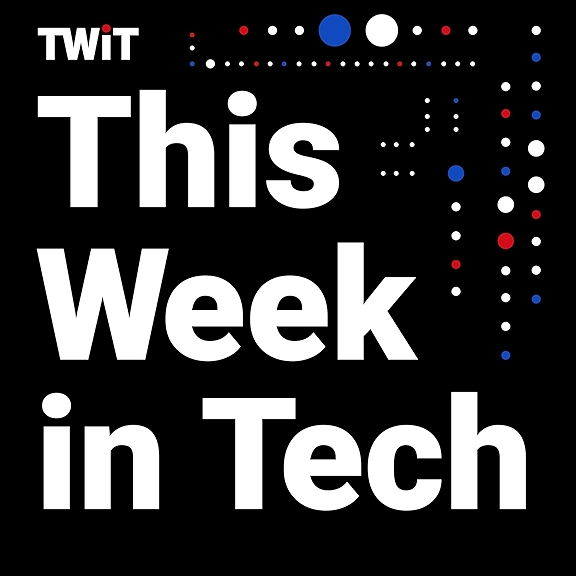
Dr Ian Oppermann is the NSW Government Chief Data Scientist working within the Department of Customer Service, Seer Data & Analytics Board Director and Industry Professor at University of Technology Sydney (UTS). Ian shares the story of his journey from telecommunications to Data Science and the NSW Data Analytics Centre (DAC) via wireless network planning and optimisation and autonomous robotics.
Ian describes the inception of the DAC and initial responses within government agencies to the (then) new idea of taking a data-lead approach. Ian recounts an early project with NSW Fire and Rescue to provide staff with predictive intelligence on the nature of fire alarm calls.
We discuss the importance of asking the right question, and how the DAC became known for probing recursively to help agencies distil their intuitions into testable hypotheses, and how this was applied to help guide Compulsory Third Party (CTP) insurance reform.
Ian discusses the ways in which the findings of a data analytics project can be challenging to communicate when sensitive subjects are involved. Ian describes one project which challenged the long-held belief that investment in infrastructure projects has long term beneficial impact on jobs and skills. Another project which culminated in development of the Human Services Dataset saw the linkage of 44,000 life journeys of children as captured in data from Education, Health, Justice, and Family and Community Services (FACS) which challenged the presumption that “doing something” is always better than “doing nothing”. Ian reflects on the importance for the success of these projects of considered messaging and taking stakeholders on the journey.
Ian introduces the AI assurance framework in development to assist AI practitioners in putting into practise the Mandatory Ethical Principles for the use of AI outlined in the NSW Government AI Ethics Policy; Fairness, Privacy and security, Transparency, and Accountability. We discuss the approach of NSW Government to establishing trustworthiness in the use of data and AI, and how the framework can be applied to AI technologies such as facial recognition and chat bots.
We also touch on the new Australian Data Strategy and how this strategy will relieve some of the historic barriers to Government sharing data. Ian pans the three main objections typically raised to sharing Government data of “Unwilling”, “Unable”, and “Not allowed”; and discusses how the Australian Data Strategy is important for addressing the last of these, as well as other frictions like inter-state “rail gauge” issues and mutual recognition of data access licenses.
www.seerdata.ai
Hosted on Acast. See acast.com/privacy for more information.




















